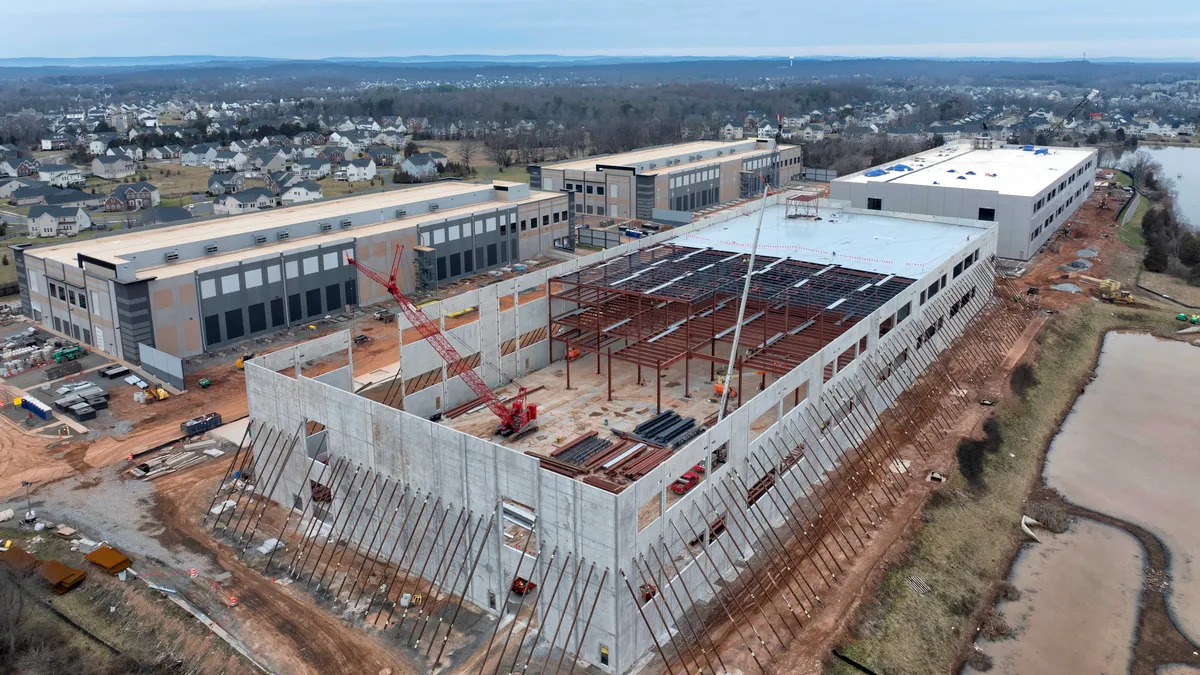Dive Brief:
- More than half of respondents to a recent member survey by the Associated Builders and Contractors said the Department of Labor's new so-called "blacklisting" rule would keep them from bidding on federal contracts.
- A vast majority (91%) of those surveyed said that the requirements of the Fair Pay and Safe Workplaces Executive Order would create an "extreme" compliance burden. Just as many respondents expressed concern about a loss of efficiency under the rule and about high implementation costs.
- The subsequent exodus of so many contractors from the federal procurement process would result in increased costs, lack of competition and more inexperienced contractors winning government bids, according to the ABC.
Dive Insight:
Since the rule was finalized last month, industry groups have been pushing back against provisions that they say are unfair to contractors. The concept behind the FPSW order is that contractors who don't abide by the DOL's labor laws shouldn't be allowed to bid on or perform taxpayer-funded, federal construction work. However, trade associations like the ABC and Associated General Contractors of America maintain that the rule, which will be fully implemented by 2018, creates a costly encumbrance that leaves too much decision-making power to local contracting officials. The ABC and AGC also say that the regulation violates contractors' due process rights by requiring them to disclose labor law citations that have not yet been adjudicated.
The first phase of implementation — an optional assessment of contractors' labor-law compliance — is already underway. Starting Oct. 25, contractors bidding on $50 million or more in federal work must disclose one year's worth of labor-violation history. That increases to three years by Oct. 25, 2018. Starting Jan. 1, 2017, contractors must also begin to provide pay stub itemization and make clear to any independent contractors the nature of their non-employee status. In April 2017, the contract threshold triggering labor-law assessments will be reduced to $500,000. In the final phase, beginning Oct. 25, 2017, subcontractors must begin submitting their labor-compliance histories before being allowed to perform federal work of $500,000 or more.
Some trade unions have come out in support of the rule, which they say will force more accountability in the federal construction procurement process. The ABC and AGC said they want the federal contracting process to be above-board and free of bad actors, but that this regulation isn’t the way to do it.
The "blacklisting" rule is just the latest regulatory scuffle between the DOL and construction trade groups. The associations had previously participated in legal action that unsuccessfully attempted to block the implementation of the Occupational Safety and Health Administration's new silica rule, but had better luck challenging the "anti-retaliation" provision of OSHA's new electronic record-keeping rule. The agency announced it would delay enforcement of that portion of the rule, which limits post-accident employee drug testing.













